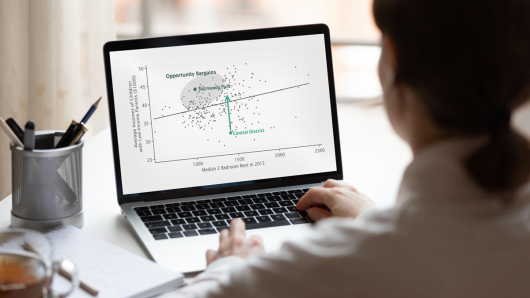Course description
This course gives students the essential concepts, tools, and skills needed to take part in the transition to a circular economy in a wide variety of economic sectors and areas of human activity. Ecosystems tend toward a stable equilibrium, or homeostasis, and have the ability to regenerate and thrive for thousands of years. Likewise, the circular economy seeks to maintain the value and preserve the stocks of materials, components, and goods, while eliminating waste and pollution and restoring natural capital. The circular economy allows for a better economic and ecological performance than today's prevailing economy—which follows a take-make-waste linear model that destroys value, depletes stocks, and degrades living systems. The transition to a circular economy is mandated by the ecological and physical boundaries of our planet. Without an accelerated transition it will be impossible to meet the Paris Agreement targets. At the same time, the transition to a circular economy is a tremendous opportunity that would unleash global economic growth and create an estimated 95 million new jobs worldwide while also boosting economic resilience. The European Union, Canada, China, and other leading economies have outlined aggressive roadmaps towards a circular economy. In the United States, 60 percent of chief executive officers plan to transition to a circular economy framework. This course challenges not only what, but how students think about sustainability. Students are encouraged to think in systems and material flows, while embracing a radical collaboration mindset. Along the way we visit different areas of opportunity that range from biomass management to industrial symbiosis; examine circularity in sectors as diverse as food, electronics, and plastics; outline the role of related disciplines such as biomimicry and permaculture; and discuss innovative business models where products are servitized, dematerialized, and completely redesigned to foster modularity, repairability, upgradeability, and cradle-to-cradle life cycles.





